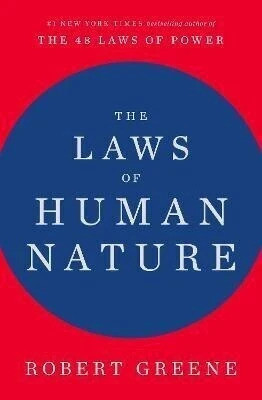
The Public Rights in Boston Common; Being the Report of a Committee of Citizens (English, Paperback, Citizens Boston Committee of)
Price: Not Available
Currently Unavailable
Highlights
- Language: English
- Binding: Paperback
- Publisher: Rarebooksclub.com
- ISBN: 9780217929165, 0217929168
- Edition: 2009
- Pages: 48
Description
This historic book may have numerous typos and missing text. Purchasers can download a free scanned copy of the original book (without typos) from the publisher. Not indexed. Not illustrated. 1877 Excerpt: ...who live in other towns, where there is less free space than in Boston, come into Boston when the rich residents around the Common are gone, and enjoy the privileges that the Common gives them; still more those who live in the less airy streets of the city proper; and they feel that it is almost as good as living on Beacon or Boylston street, if they have this place to go to. But I am almost inclined to think that, independent of any opinion of their own, the assessors have fancied that the residents near the Common have a fee simple in it, for they have taxed the residences on Beacon and Park streets far higher on that account, which shows that in their eyes the fact of being near the Common has a money value. If you are going to change the character of the Common, those houses in Beacon street will lose their value, their existing valuation will never stand, and the city will lose a large sum in taxes. When it was said that those who live near the Common think they own the fee simple in it, I think those words must have been put in to give a legal air to the sentence, because fee simple is a legal term; and it sounds well in such a phrase. If the gentleman who said that is bound to use the terms of English law, he had better look back and see what Common means in the old law of real estate in England; he had better see what rights the inhabitants had in a place that was Common land. He would see that in the most lawless time in English history, the lords of the manor were slow to deprive the people of their rights in a Common. For Common is as well-known a term as any, in English law; as fee simple or tenant in tail after possibility of issue extinct. When somewhat of the old English independence had departed, the enclosure acts began to abri...
Read More
Specifications
Book Details
| Imprint |
|
| Publication Year |
|
Dimensions
| Width |
|
| Height |
|
| Length |
|
| Weight |
|
Be the first to ask about this product
Safe and Secure Payments.Easy returns.100% Authentic products.
Back to top






